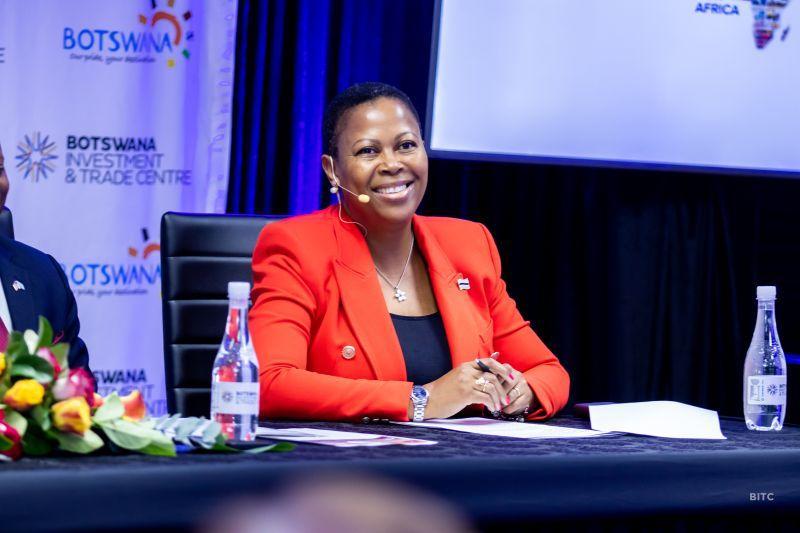Africa-Press – Botswana. Lobatse Leather Park is set to relocate from its original site to a site around Lobatse Water Works, east of the town.
This was revealed by permanent secretary in the Ministry of Trade and Industry Ms Malebogo Morakaladi during the ministry’s appearance before the Public Accounts Committee (PAC) on August 2.
She noted that the decision was made by the ministry and key stakeholders as the scope and capacity had been modified to meet green credentials and relevant international audit protocols.
She said this would ensure that clean technologies were applied to minimise water consumption.
“The aim is to reduce solid waste footprint by recycling by-products and gainfully converting into saleable new products,” Ms Morakaladi noted, adding that such necessary changes had however delayed implementation.
Situated on a 369 hectare land, the project, which was approved at an amount of P219 242 699, will be constructed in three phases.
Phase one, which is enabling services include de-bushing, fencing, making access roads and providing utilities.
Ms Morakaladi noted that de-bushing and fencing has been completed.
She noted that phase two of the project was the main package of main tanneries and waste infrastructure plans, which was scheduled to be awarded this month, while phase three was investment and tenancy and ‘is currently on flight and will close in two months, where potential investors (upholstery, shoes, gloves etc) will be on board’.
Ms Morakaladi also briefed the committee on new developments regarding the Trade Act of 2019.
She said the review of the Act would have some new developments in Statutory Instruments (SI) on interventions to stimulate investment and job creation so as to promote industrial development.
One such Statutory Instrument is on restriction of importation of school uniform, which commenced in 2021.
“The purpose of this SI is to stimulate establishment of micro, small, medium, and large enterprises within the textile and clothing sector to produce for the domestic markets,” Ms Morakaladi stated.
She further added that the SI would build competitiveness and sustainability of the textile and clothing industry.
She indicated that since the introduction of SI there had been engagements with local textile companies as well as their associations to determine the impact of the instrument, adding that retailers had also been pursued to procure from the local manufacturers where they were provided with a list of potential suppliers.
“It is worth noting that while retailers are encouraged to procure from local manufacturers as a preference, the latter are equally encouraged and mentored to produce goods that are competitively priced, timely delivered and of the right quality with BOBS certification to ensure customer satisfaction,” Ms Morakaladi noted.
Another legislative framework under review, Ms Morakaladi said, was the Liquor (Amendment) Bill, which she said was presented to Cabinet this January.
However, she said the ministry was advised that further consultation be conducted to inform the amendments.
She said with consultations planned from May to this month, the ministry’s aim was to present the Bill to Parliament in the November session.
For More News And Analysis About Botswana Follow Africa-Press






